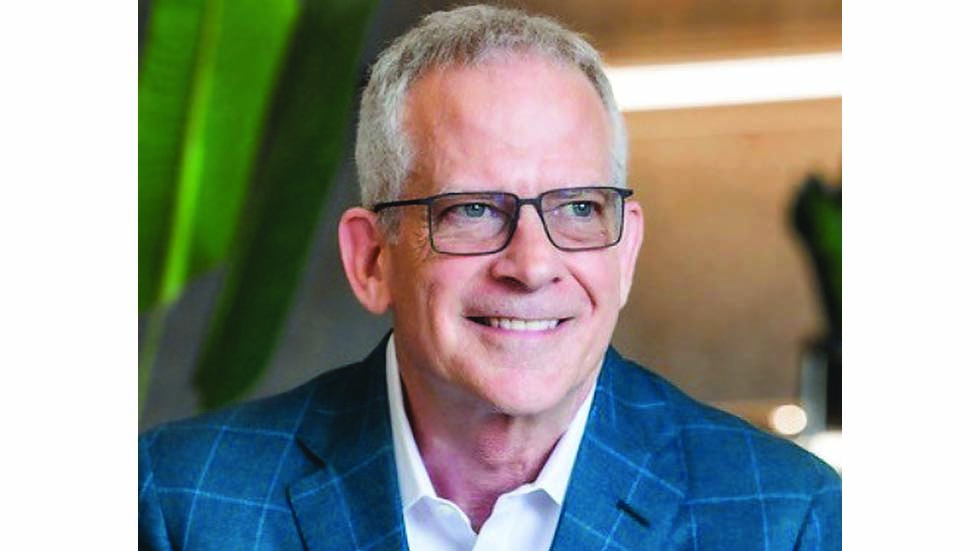John Lawson Reflects on His AWARN Alliance Tenure
Says advanced alerting played a key role in getting FCC to approve ATSC 3.0

It was not a big surprise when word came in late November that John Lawson was stepping down as the executive director of the AWARN Alliance.
(The alliance’s steering committee selected Dave Arland for the role. An interview with Arland is available here.)
A year ago in an interview, Lawson compared his effort to help get ATSC 3.0-based advanced emergency alerting and information (AEI) off the ground as being like “pushing a rock up a hill” and described his decision to try a “for-profit” approach to get the ball rolling while also continuing in his AWARN leadership role.
Now John has given up the alliance’s reins, and he has a few thoughts about his greatest achievements and biggest disappointments while leading AWARN.
On the positive side of the ledger, the most significant thing was the role advanced emergency alerting played in getting the Federal Communications Commission to give ATSC 3.0 the thumbs-up in November 2017. “We were definitely a factor in the commission’s approval of the ATSC 3.0 voluntary transition. It was a three-to-two vote. Every commissioner—even the two Democrats [Mignon Clyburn and future Chair Jessica Rosenworcel] who voted against it—talked about the public-service aspect of advanced alerting. Chairman [Ajit] Pai himself thanked me for giving him the ammunition to get the votes.”
Another important achievement was educating emergency managers about the problems 3.0-based AEI solves for them and building support for it among members of that community.
His biggest disappointment: “That AEI is not deployed widely in the United States and saving lives already.”
Lawson’s biggest hope for AEI is renewed interest among broadcasters. A year ago, station groups like Fox Television Stations and News-Press & Gazette had left the alliance, and Lawson was characterizing the broadcast industry—with a few notable exceptions—as having “dropped the ball” on AEI.
“Since the election, I’ve seen a new commitment by some broadcasters to really do something with 3.0. We could see a sea change there,” he says, cautioning, however, that when it comes to AEI what must be avoided is for “every station group to have to reinvent the wheel.” That is the role he hopes his new America’s Emergency Network company will fill.
“I’m very happy that the AWARN steering committee, of which I am a member, decided unanimously to keep AWARN going, and I really think that its role in terms of education, advocacy and networking between alerting authorities and broadcasters is a necessary complement for whatever happens on the private sector side,” he says.
“I think we [the AWARN Alliance] kept the torch alive for using broadcasting to save lives. It’s still burning, and I am confident that Dave Arland and the AWARN steering committee will find new directions to expand AWARN.”
Get the TV Tech Newsletter
The professional video industry's #1 source for news, trends and product and tech information. Sign up below.
Phil Kurz is a contributing editor to TV Tech. He has written about TV and video technology for more than 30 years and served as editor of three leading industry magazines. He earned a Bachelor of Journalism and a Master’s Degree in Journalism from the University of Missouri-Columbia School of Journalism.

